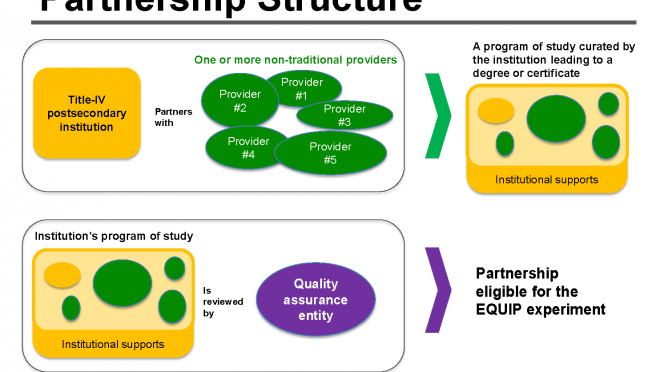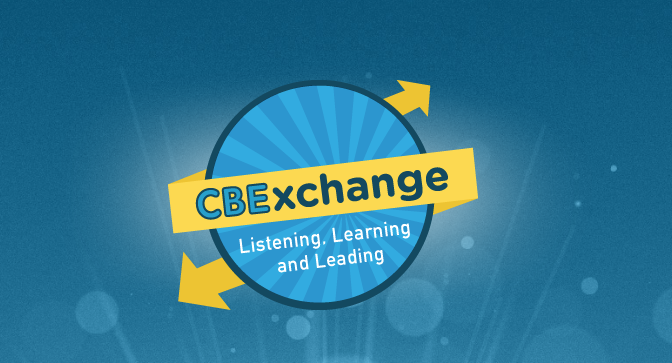Purdue University is launching a competency-based interdisciplinary bachelor’s degree, which will combine technical and humanities fields. It was recently approved by Purdue’s regional accreditor.
Purdue’s degree track is based on the credit-hour standard, in which the demonstration of competencies is linked to corresponding college credit. This approach differs from relatively new competency-based offerings from a handful of other institutions, which use a method called direct assessment. That model is completely untethered from the credit hour, and students can move on as soon as they demonstrate mastery of required concepts.
At Purdue, however, studio and seminar-style “learning environments” will account for 35 percent of students’ plan of study.
Fain, Paul. “Competency for the Traditional Age Student.” Inside Higher Ed, March 30, 2016.

